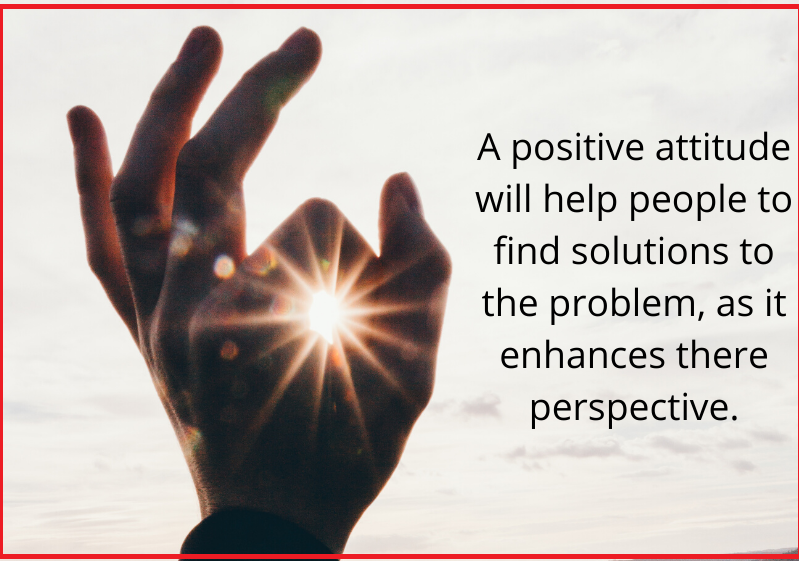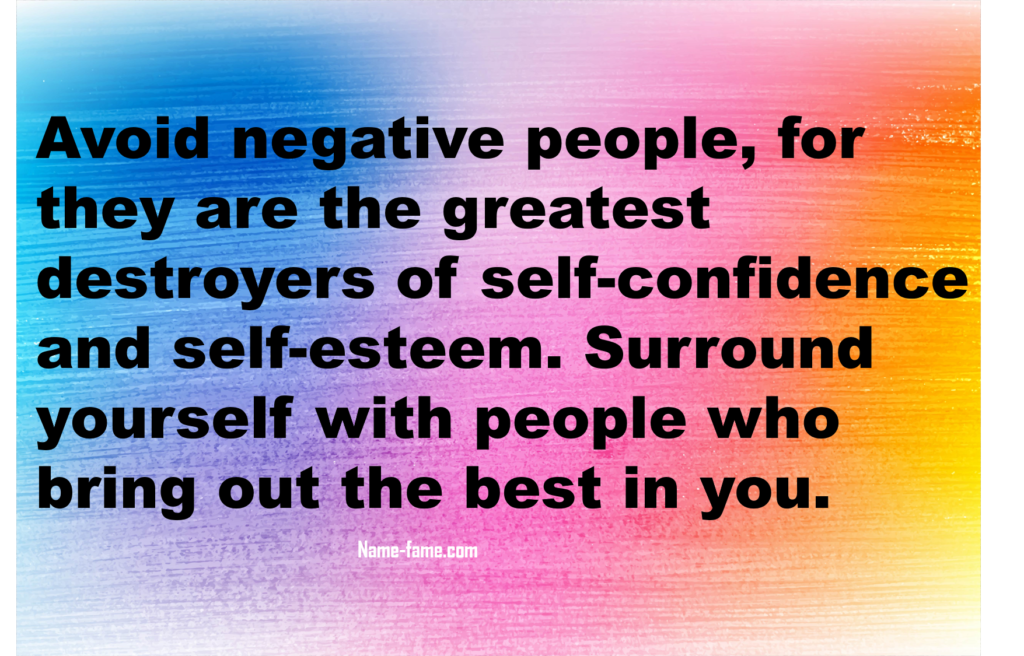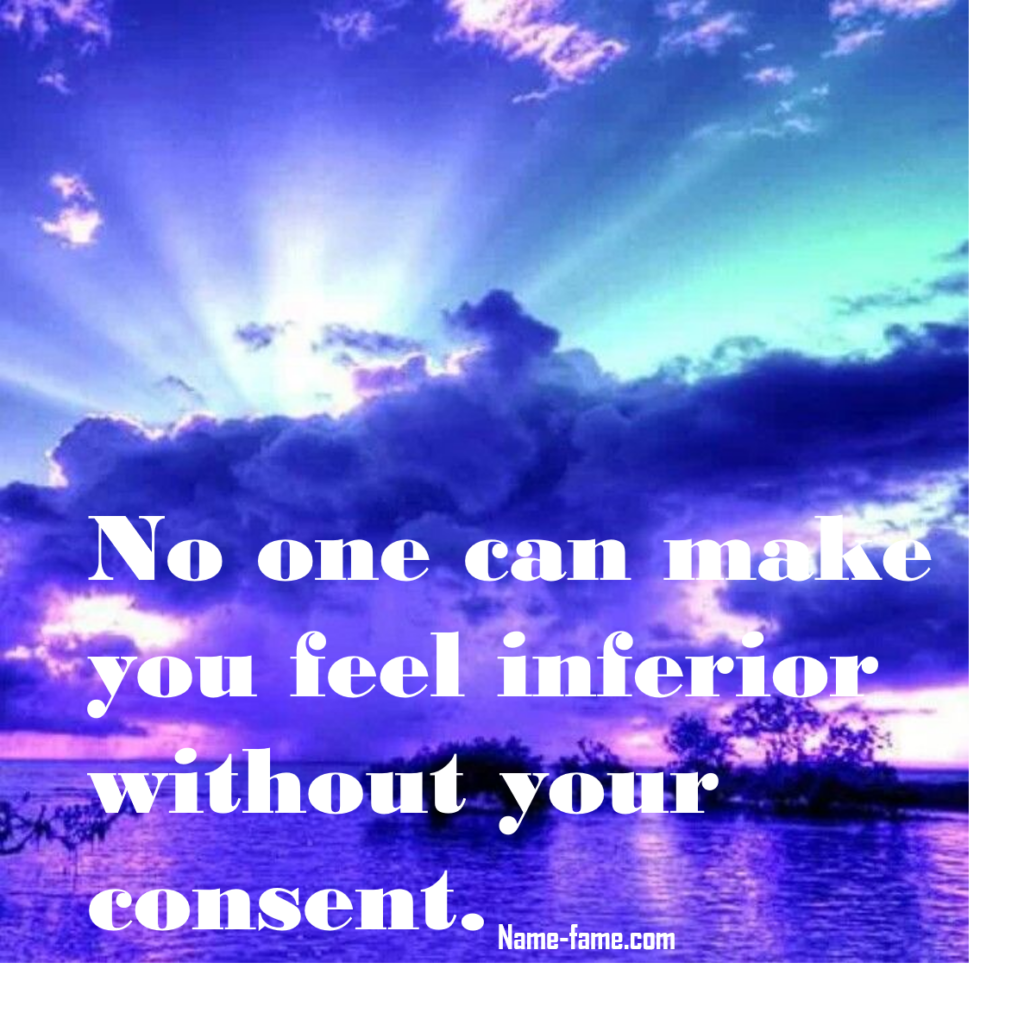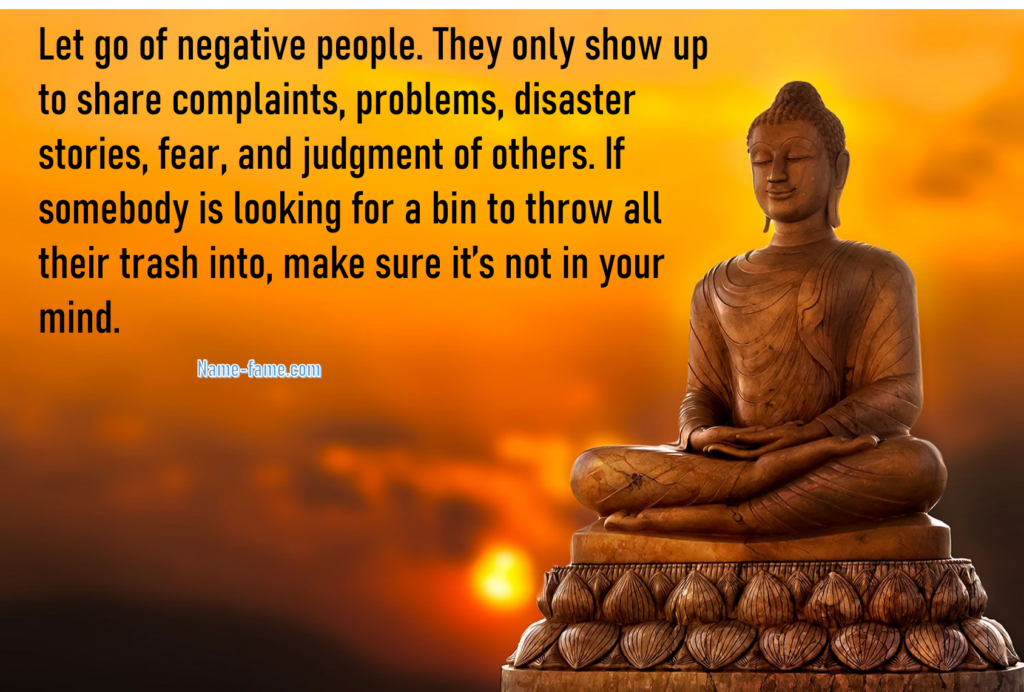Ways to maintain positive attitude when everyone is negative around you. When someone close to you is unhappy, it’s really simple to become unhappy yourself. It’s crucial to support our friends, family, and partners when they’re struggling, especially if they’re going through something extremely tragic like the death of a loved one. However, we can all think of at least one person who, when feeling down about themselves or the world around them, throws a pity party.
Whatever the circumstance, it’s imperative that we care for ourselves while our friends are struggling. When people you care about are struggling, it might be challenging to stand back emotionally, but once you’ve fallen into that pit of despair, it’s impossible to escape, , fighting your way out may be even more difficult.

Emotions Do Spread Like Wildfire
Have you ever wondered why you might be so affected by someone else’s mood? A 2017 study indicated that kids’ moods tended to get worse over time when they were among negative companions, a phenomenon known as social contagion.
SEE ALSO: Why Emotional Intelligence Matters and How to Develop It
According to Kate Dow, Ph.D., a psychologist and certified wellness coach for women, “Scientifically, we talk about the mirror neurons in the brain that were purposefully created so we can be empathically able to experience what someone else is feeling.” The difficulty is that empathy can become an open door to taking on other people’s feelings if you are an extremely sensitive person, leaving you without a sense of self to grasp onto.
According to psychiatrist and author of Be Fearless: Change Your Life in 28 Days Jonathan Alpert, “It’s the way we’re wired.””We try to connect with people, and we do that by first noticing how they feel, and then we bring a level of understanding and support,” said the speaker.
Here are some suggestions from life experts to help you maintain your sanity when your high school friend from Facebook decides to post about how miserable her life is for the eleventh time today, or when your coworker is responding to everything you say with a negative comment.
1. Recognize your funk.
The first step toward a good mindset is actively accepting that you’re currently in a state of negativity if your friend has caused you to slip into one. “Knowing that you’ve fallen into it is a huge advantage,” claims Dow.
SEE ALSO: The Signs To Know That You’re Self-Sabotaging Your Own Progress
2. Talk to yourself positively.
Be positive. Prepare yourself before speaking with someone if you anticipate meeting someone who is emotionally distressed. Dow advises giving yourself a pep talk before confronting the individual; it should accept that they will be unhappy and conclude with an affirmation that you will decide not to feel their emotions. According to Dow, doing so can help you have a better understanding of your friend’s predicament and offer you more control over your emotions.
Give yourself a compliment to help you push away any self-doubt you may be experiencing.
3. Establish limits.
Alpert claims, “We can only give people so much.” “Ensure that you are looking after yourself and that your needs are being met.” We may lose sight of ourselves when we become enmeshed in the drama of our friends and loved ones. However, taking some time apart from your friend when you’re at your wits’ end could help your friendship recover. Spend time with other individuals in your life or put your attention on other activities you enjoy. “Not hanging out with them isn’t about being mean or judgmental,” adds Dow. In the end, it’s each of us duties to ourselves to practice self-care.
SEE ALSO: Life Is All About Your choices
4. Be grateful.
Appreciating what you have is the first step toward a happy outlook. In fact, a University of Miami study discovered a connection between happiness and appreciation. Every day, two sets of people wrote about their lives: One group concentrated on their blessings, while the other group concentrated on their annoyances. After ten weeks, those who wrote about appreciation reported feeling happier and more positive about themselves than those who wrote complaints. In addition, thankfulness spreads like negativity: According to a different study, relationships between spouses were more devoted and reliable when they showed appreciation for one another.
5. Help them forget about your friend.
Your first instinct might be to nod in agreement if you’re trapped listening to your friend complain about their boss and how everything is going wrong for them. Alpert, though, provides an alternative path: Give your pal a few minutes to vent, then change the subject.
Alpert asserts that “if someone complains constantly and you agree with them, you’re reinforcing that behavior, and that may not be so healthy.” Offer a different perspective on the issue, perhaps by talking about what’s going well in their lives or a common interest.
SEE ALSO: How To Avoid Negative People and Concentrate on Your Goals: 8 Steps
Of course, this advice only applies to little irritants; if your buddy is experiencing a significant life change, it is best to let them express their feelings as much as they may need to.
6. Put the technology down.
Being always connected has drawbacks, and if you’re addressing your BFF’s problems at 11 p.m., you’re asking for trouble. Until you feel better, try shutting off your phone, deleting social media apps, or even canceling your accounts. If you don’t take a break, Dow claims that your brain and body would always be under high-stress conditions, which might eventually make you sick.
7. Work on being gentle with yourself.
We are our own worst critics, and when we’re feeling sad, we can’t help but keep berating ourselves. Give yourself a compliment to help you push away any self-doubt you may be experiencing. “Positive focus helps support our positive mindset,” adds Dow. She advises making a daily intention to encourage a better, gentler outlook.
SEE ALSO: Love Yourself – The Importance And Benefits Of Self-Love
8. Ask yourself if you really want this person in your life.
No one loves to quit a friendship, but if a buddy is constantly bringing negativity into your life or if you have any reason to believe they might be toxic, you might want to reconsider spending time with them. It’s an extreme example, but occasionally it’s required. Determine how much this friend matters to you and how crucial it is to keep the friendship going, advises Dow.
9. Change the way you think.
Consider the wider picture if you find yourself frequently speaking negatively about yourself. “Repeating negative narratives is really going to put someone in a funk,” Alpert claims. Therefore, be gentle to yourself and alter the story.
BEST BOOK – Success Through A Positive Mental Attitude






